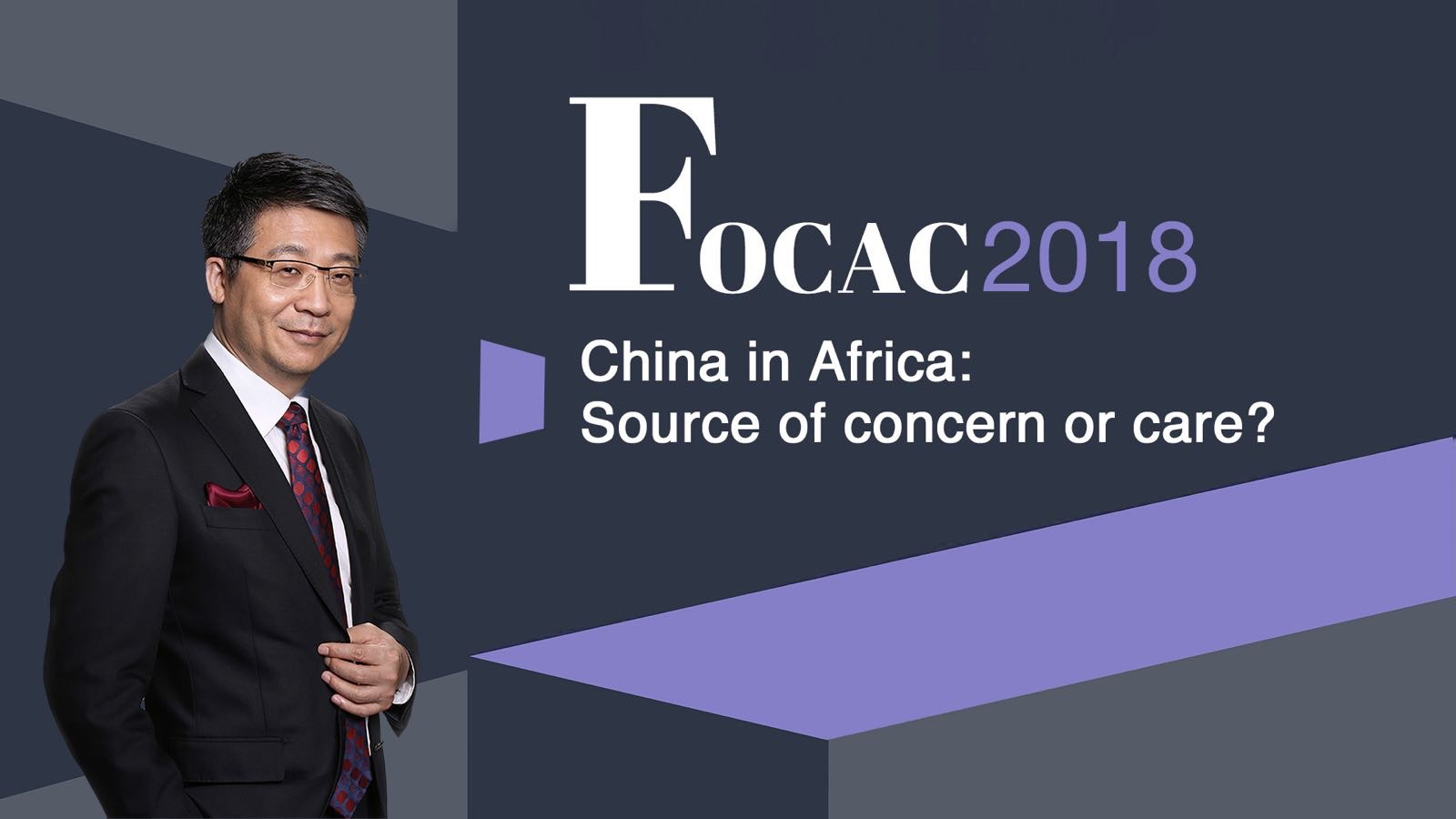
Opinions
08:34, 01-Sep-2018
China in Africa: Source of concern or care?
Updated
07:39, 04-Sep-2018
CGTN's Yang Rui
02:40

With the China-Africa Cooperation Forum around the corner, many questions are being raised about the growing presence and influence of Chinese companies, the industrialization of Africa and our African policy in the South-South cooperation.
Chinese President Xi Jinping raised a ten-point proposal about how to assist Africa in its massive industrialization with a clear focus on infrastructure in Johannesburg three years ago.
The recent tours of Africa took President Xi to Senegal, Rwanda and South Africa. China says it does not seek to have a sphere of influence or stage proxy wars in this dynamic continent.
And in fact, the post-war reconstruction in Rwanda and its big success of economic prosperity under President Paul Kagame have impressed the world. Above all, the success story of Rwanda is one about having a clean government whose integrity ensures high efficiency.
In the post-Cold War era, China says it respects people's choice in countries in Africa, most of which have been transformed into a democracy, and that its policy of economic assistance or investment does not have any political strings.
But by the end of the day, Chinese companies do have their vulnerabilities in Africa in protecting the environmental conditions and other legal stakes in electoral politics.
Unlike former European colonialists, China does extract minerals, but Chinese companies have left behind a far-flung network of infrastructure such as ports, roads, bridges and even oil refineries. The alleged neocolonialism that has been used by Western media to characterize China's business communities in the sub-Saharan region proves groundless.
To conclude our comments on China's influence in Africa, we have to hold in high esteem the success of dozens of Confucius schools in this region to build China's soft power.
True, Africans and representatives from other developing countries have helped resume the legitimate seat of the People's Republic of China in the United Nations in 1971, but more efforts need to be made in the post-Cold War era to promote mutual understanding as China undergoes profound market reforms and social transformation.
Brotherhood needs to be genuine and time-tested but it has to help promote our national interest.

SITEMAP
Copyright © 2018 CGTN. Beijing ICP prepared NO.16065310-3
Copyright © 2018 CGTN. Beijing ICP prepared NO.16065310-3